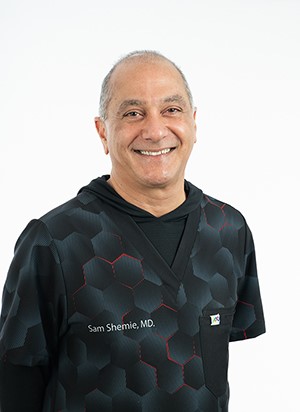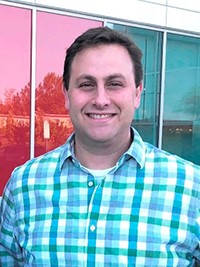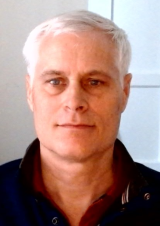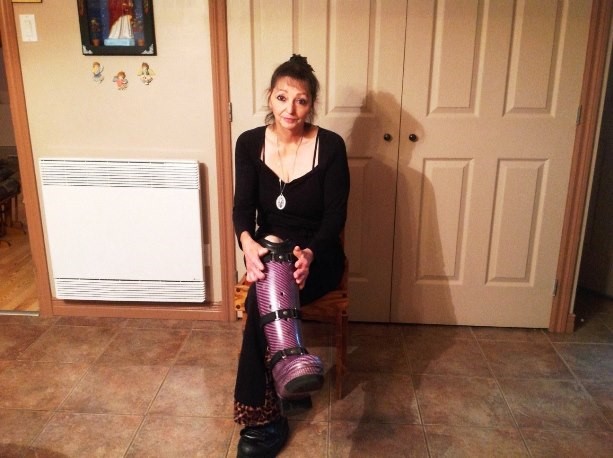MUHC in the Media - June 26, 2023

New advances in lung cancer treatment
The results of international clinical trial recently published in The New England Journal of Medicine will change the way we treat non-small cell lung cancer (NSCLC)—the most common form of lung cancer, according to Dr. Jonathan Spicer, senior author and lead surgeon of the study, scientist in the Cancer Research Program at the RI-MUHC and thoracic surgeon at the Montreal General Hospital. In this trial, an immunotherapy drug called pembrolizumab, used in conjunction with neoadjuvant chemotherapy (i.e., given before surgery) and then again after surgery, has been shown to slow cancer progression in patients with early-stage operable NSCLC. CTV News, Le Devoir, Journal Métro, CJAD
In another feature, the Journal de Montréal tells the story of a mother of three young children who can now enjoy precious family time after being treated at the MUHC for advanced lung cancer, which was already attacking her bones. Dr. Robert Turcotte, a surgeon on the MUHC's orthopedic-oncology team, and Dr. Linda Ofiara, respirologist at the MUHC, talk about the therapeutic advances that have made this possible.

How do we define death?
Again this week, the new Canadian guidelines for the determination of death after arrest of circulation or neurologic function received a fair dose of media attention. These guidelines are the work of a multidisciplinary group led by Dr. Sam Shemie, a researcher at the RI-MUHC and a specialist in Pediatric Critical Care Medicine at the Montreal Children’s Hospital. The Globe and Mail, CTV News

Medical support for Ukraine
Dr. Tarek Razek, MUHC Trauma Department chief, talks about the MUHC Global Surgery Centre's initiative to produce video clips translated into Ukrainian to help Ukrainian doctors treat war injuries. Le Devoir

A genetic variant found to cause hereditary lung disease in Inuit
As indicated in a study published in Pediatric Pulmonology, a previously unidentified genetic variant found in Inuit populations of Nunavut and Nunavik appears to be the cause of a respiratory disease called primary ciliary dyskinesia and could also be an important contributor to recurrent pneumonia and chronic lung disease among Inuit. Dr. Adam Shapiro explains the story behind the discovery and why genetic studies on patients with severe lung diseases are crucial. Cabin Radio

How to alleviate the intense pressure affecting ERs across Canada
In an article looking at the worsening problems facing ERs across Canada, Dr. Marc Béique, an ER physician at the MUHC, says that there isn’t an easy answer and that multiple solutions are needed. CBC News

Support for sensory neuropathy research
Danielle Lepage has been dedicated to sensory neuropathy research for years and recently announced that $25,840 has been raised as part of her 2022 fundraising campaign. The funds raised will support the research of Dr. Bernard Brais, of The Neuro (Montreal Neurological Institute-Hospital). Dr. Brais has dedicated his career to understanding and developing treatments for the most common hereditary genetic diseases in Quebec, including sensory neuropathies. L’Action.
